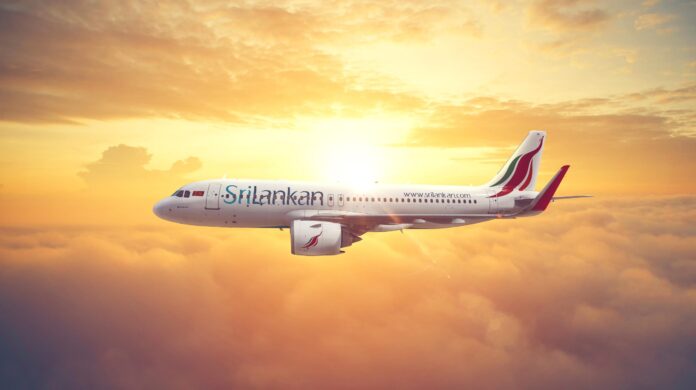SriLankan Airlines has suffered a staggering USD 60 million loss after a fleet of new Airbus A320-family aircraft purchased in 2018 was grounded due to defects in their CFM LEAP engines, Minister of Ports and Civil Aviation Anura Karunathilaka told Parliament. The disclosure sheds new light on a costly procurement decision that continues to burden the national carrier—and ultimately the public.
According to the Minister, SriLankan began negotiations to acquire the A321neo variant in 2017, finalising the deal in 2018. However, soon after induction, the aircraft began experiencing technical failures linked to design issues in their CFM LEAP engines. As a result, six aircraft were progressively grounded, severely disrupting operations.
“By 31 October, these aircraft had accumulated 131 months of grounding time,” Karunathilaka said. “One aircraft is still not flying. With no revenue coming in, the airline has already paid USD 60 million for them.”
The losses were compounded by the absence of a robust long-term maintenance agreement at the time of leasing. “As a result, USD 71 million had to be spent on maintenance, and projections show the airline will need to allocate another USD 171 million in the coming years. This burden ultimately falls on the nation,” the Minister warned.
In 2025, SriLankan’s current maintenance bill stood at USD 23 million, nearly matching the airline’s USD 29 million revenue for the year highlighting the severe financial strain created by the engine failures.
The Minister explained that in 2018, airline management opted for CFM LEAP engines for six new A320neo aircraft, even though SriLankan traditionally acquired aircraft powered by Rolls-Royce engines. However, global industry conditions at the time limited options. Rolls-Royce had withdrawn from the narrow-body engine market during Airbus A321neo development, leaving CFM and Pratt & Whitney as the primary choices.
Sri Lanka was not alone in facing difficulties with the A320neo engines. Airlines operating the Pratt & Whitney PW1000G Geared Turbofan (GTF) engines have encountered even more severe setbacks.
Industry estimates indicate that around half of the 1,200 aircraft equipped with PW1000G engines were grounded globally as of November 2025, largely due to durability and repair-time issues. Repair backlogs, long lead times, and component shortages have worsened the crisis, leading some airlines to strip nearly new A320neos for parts—a more profitable option than operating them.
Reports suggest that functional PW engines are now being leased for exceptionally high monthly rates, reportedly around USD 200,000, reflecting acute global shortages.
Aviation analysts argue that persistent high oil prices and industry pressure for greater fuel efficiency may have pushed engine manufacturers to prioritise innovation over long-term durability, contributing to the widespread technical issues now seen across fleets.
SriLankan Airlines, already facing deep financial challenges, must now navigate the long-term fallout of an engine crisis affecting carriers worldwide one that underscores the risks of rapid technological leaps in commercial aviation.
